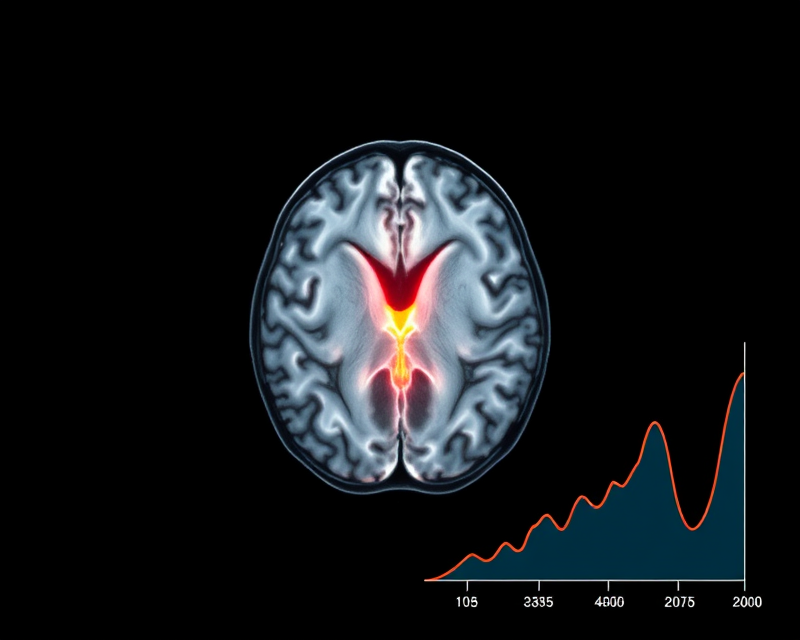If a patient experiences nausea, first, it is necessary to consider whether it is caused by diseases of the stomach itself or gastrointestinal diseases. Additionally, it is important to consider whether the patient's nausea is a symptom reflecting diseases in other parts of the body. For example, the patient may show nausea symptoms due to an upper respiratory tract infection. Some patients may experience nausea because of increased intracranial pressure caused by a cerebral hemorrhage, which are all reactive symptoms. In addition, some patients, such as those with pyelonephritis or hydronephrosis, may also have gastrointestinal symptoms. Therefore, there are many possible causes for nausea. It is recommended that when patients experience nausea, they must promptly identify the cause to avoid delaying the condition.


